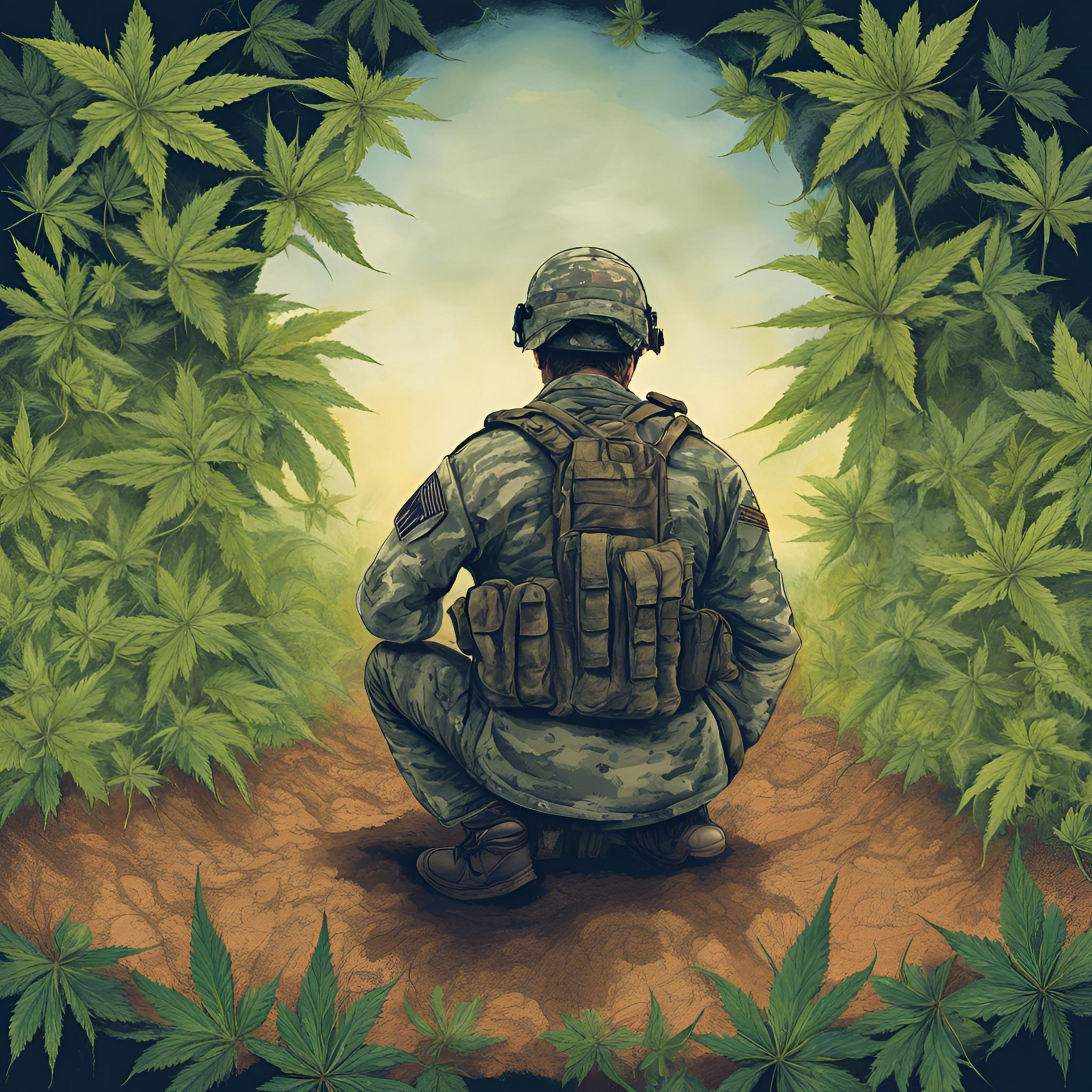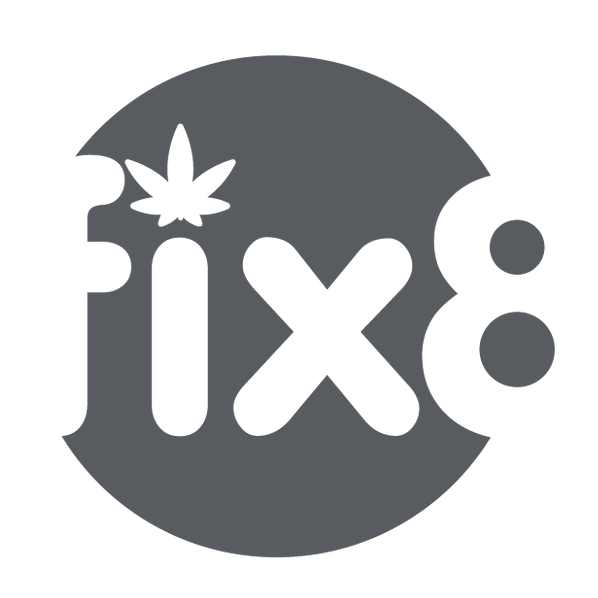
Breaking Ground: A Landmark Study on Cannabis and Veterans' PTSD
In a groundbreaking move, the Food and Drug Administration (FDA) has approved a clinical trial that could fundamentally reshape our understanding of medical cannabis as a potential treatment for veterans struggling with post-traumatic stress disorder (PTSD). This decision marks a critical turning point in a decades-long battle to research a treatment option that millions of veterans have long advocated for.
The Long Road to Research
For years, cannabis research has been strangled by regulatory red tape. Classified as a Schedule I drug since the 1970s, marijuana was treated as a substance with no medical value and high potential for abuse. This classification created massive barriers for researchers, essentially putting scientific inquiry into a medical black box.
The federal government's approach historically prioritized studying marijuana's potential harms rather than exploring its possible therapeutic benefits. As Gary Hess, a Marine veteran and founder of Veterans Alliance for Holistic Alternatives, describes it, this approach prevented meaningful investigation into a substance that could potentially help thousands of struggling veterans (New York Times, November 2024).
A Shifting Landscape
Recent years have seen a dramatic transformation in both public opinion and policy. 24 states now allow recreational marijuana use, and 39 states have medical marijuana programs. This shifting landscape has created not just new social attitudes, but also new funding mechanisms for research.
The Biden administration's proposal to reschedule cannabis represents a significant policy shift. By potentially moving marijuana from Schedule I to a less restrictive category, the government acknowledges the need for a more nuanced, scientific understanding of the plant's effects.
The Groundbreaking Study
The new clinical trial represents unprecedented research:
- 320 veterans with moderate-to-severe PTSD will participate
- Researchers will use commercially available, high-THC cannabis
- Participants can self-administer within controlled limits
- Funded by Michigan's cannabis tax revenue
Dr. Sue Sisley, the principal investigator, emphasizes the urgency: "Suicide among Veterans is an urgent public health crisis, but it's solvable if we invest in researching new treatments for life-threatening health conditions like PTSD" (MAPS Press Release, November 2024).
Voices of Caution and Hope
The research hasn't escaped scrutiny. Some medical professionals remain skeptical. Dr. Harold Kudler from Duke University warns against premature optimism, stating he couldn't "in good conscience recommend it" based on current evidence (New York Times, November 2024).
Yet others, like Dr. Lynnette Averill from Baylor College of Medicine, see potential. "We have to explore every possible intervention for which the benefits may outweigh the risks," she notes (New York Times, November 2024).
Personal Impact: A Veteran's Perspective
Gary Hess's personal story illustrates why this research matters. After developing "crippling PTSD" during 11 years of military service, he found cannabis transformative. "It brought balance to my primal functions: eating, sleeping, digestion, memory, emotion, arousal," Hess explains. "It allowed me to manage my stress response in a way that no other medication had provided" (New York Times, November 2024).
Context of Veteran PTSD
The need for alternative treatments is stark. According to Department of Veterans Affairs data, over 23% of military service members experience PTSD, compared to just 6% of the general population.
Looking Forward
This study is more than just a medical trial. It represents a potential paradigm shift in how we understand mental health treatment for veterans. Rick Doblin, founder of the Multidisciplinary Association for Psychedelic Studies (MAPS), notes that this research challenges "the FDA's typical approach to scheduled dosing and administration of drugs" (MAPS Press Release, November 2024).
The FDA's surprising decision came with a key acknowledgement: the agency "recognizes that there is great need for additional treatment options for mental health conditions such as PTSD" (FDA Spokesperson, New York Times, November 2024).
Conclusion
As the study moves forward, it will be watched closely by veterans, medical professionals, policymakers, and researchers worldwide. Whatever the results, one thing is certain: We are witnessing a pivotal moment in medical research and veteran healthcare.
Sources:
New York Times: https://www.nytimes.com/2024/11/20/us/marijuana-ptsd-cannabis-science-fda-study.html
MAPS Press Release: https://maps.org/2024/11/20/maps-successfully-clears-path-for-cannabis-research-through-fda-formal-dispute/
Department of Veterans Affairs Research:
https://www.ptsd.va.gov/professional/treat/essentials/epidemiology.asp


